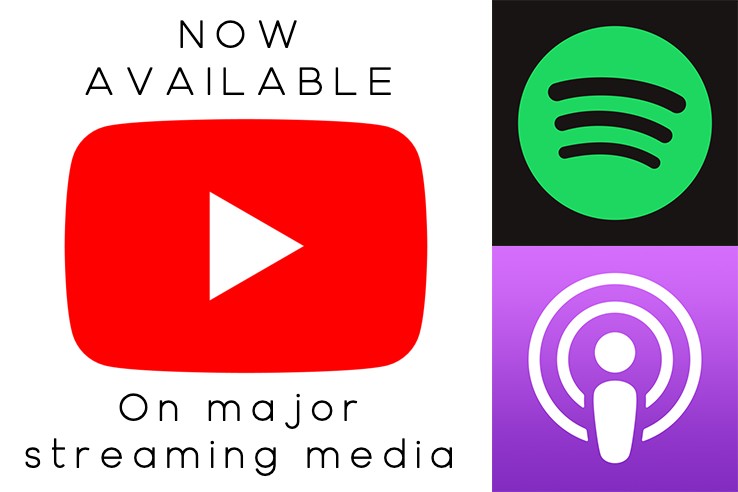OM GOLEM
OM GOLEM is the ICON of all human chess databases. The database is so huge, the strongest computers are needed. It has more than 31.7 million human games without duplicates. The origin of GOLEM dates back to October 2011. Before this date, the common term OM XXL was used. The major components of OM GOLEM is OM OTB, OM CORR, and OM PORTAL but you fill find many extras in the folder available to all subscribers.
The Opening Master GOLEM - biggest chess database out there
The origin of the word GOLEM is in question, probably the first occurrence was in the Bible. In Jewish folklore, a golem (/ˈɡoʊləm/ GOH-ləm; Hebrew: גולם) is an animated anthropomorphic being, magically created entirely from inanimate matter. The word was used to mean an amorphous, unformed material (usually out of stone and clay) in Psalms and medieval writing. The most famous golem narrative involves Judah Loew ben Bezalel, the late-16th-century rabbi of Prague. There are many tales differing on how the golem was brought to life and afterward controlled. The word golem occurs once in the Bible in Psalm 139:16, which uses the word גלמי (galmi; my golem), meaning "my unshaped form", connoting the unfinished human being before God's eyes.
Short review of GM Simon Williams, founder of GCHESS, now part of chess.com family
“It’s the biggest and strongest chess database out there” - GM Simon Williams, CEO GCHESS
What do you get in OM GOLEM
1. OM OTB both in CBV and PGN version (10,4 million games). If you are a FIDE player, this is the one you need
2. OM CORR both in CBV and PGN version (2.3 million games). If you are a ICCF/Correspondence player, this is the one you need
3. OM PORTAL in CBV version (19 million games). Collection of chess portal games. Prepare with statistics
4. THE 1995 (The cleanest historical OTB database between 1800 - 1995) in CBV and PGN version (1,2 million games)
5. The Postman (The cleanest historical CORR database between 1800 - 1989) in CBV and PGN version (130k games)
6. OM Openings (our 52 best Opening games, reports, trees, it's older but still accurate)
How is Opening Master different from free databases?
Despite getting our games from different sources, we dedicate a lot of time to eliminate duplicates. We also normalize the names of the players, which amounts to dozens or even hundreds of corrections a month. The free databases are often very low-quality and cluttered with lots of duplicates. There is no such thing as free lunch. We ask for a fair price starting at 39 EUR for one year (OM CORR). It is much cheaper than less quality commercial chess databases out there. If you do not wish to prolong the subscription, just cancel it, you may keep the databases for ever for your personal use but will not receive updates.
Have you heard that we prepared a list of the top 52 chess openings for you? They are completely free where and no credit card or sign-up is needed.
Oh.. here is the download link. We almost forgot.
Review in detail our product portfolio View Product Portfolio.
Please be aware this is a subscription based digital content material with regular monthly updates. Please refer to our Terms and Conditions to lean more. If you do not wish to continue with us just cancel the subscription within your PayPal settings or Credit Card provider. You may still keep the copy of the chess databases for infinite number of days but will not receive any future updates.
The chess databases are important for a number of reasons.
First and foremost, chess databases allow players to study and analyze past games. By studying the strategies and tactics used by top players, aspiring chess players can improve their own skills and understanding of the game. In addition, chess databases can be used to identify patterns and trends in a player's style, which can be helpful in preparing for a match against that player.
Second, chess databases can be used as a training tool. Many chess databases come with built-in analysis and training features that allow players to test their skills and practice specific openings or endgames. This can be particularly useful for players who are looking to improve their tactics or endgame play.
Third, chess databases can be used to track progress and measure improvement. By storing and analyzing a player's games over time, a chess database can help a player identify areas of weakness and track their progress as they work to improve.
Finally, chess databases can be used for research and analysis. Chess enthusiasts and researchers can use chess databases to study the history of the game, analyze the trends and patterns that have emerged over time, and identify the factors that contribute to a player's success.
Overall, chess databases are an invaluable resource for players, trainers, and researchers alike. They provide a wealth of information and tools that can be used to improve one's understanding and skills in the game of chess.
Visit and subscribe to our YouTube channel  to learn chess openings and much more.
to learn chess openings and much more.


